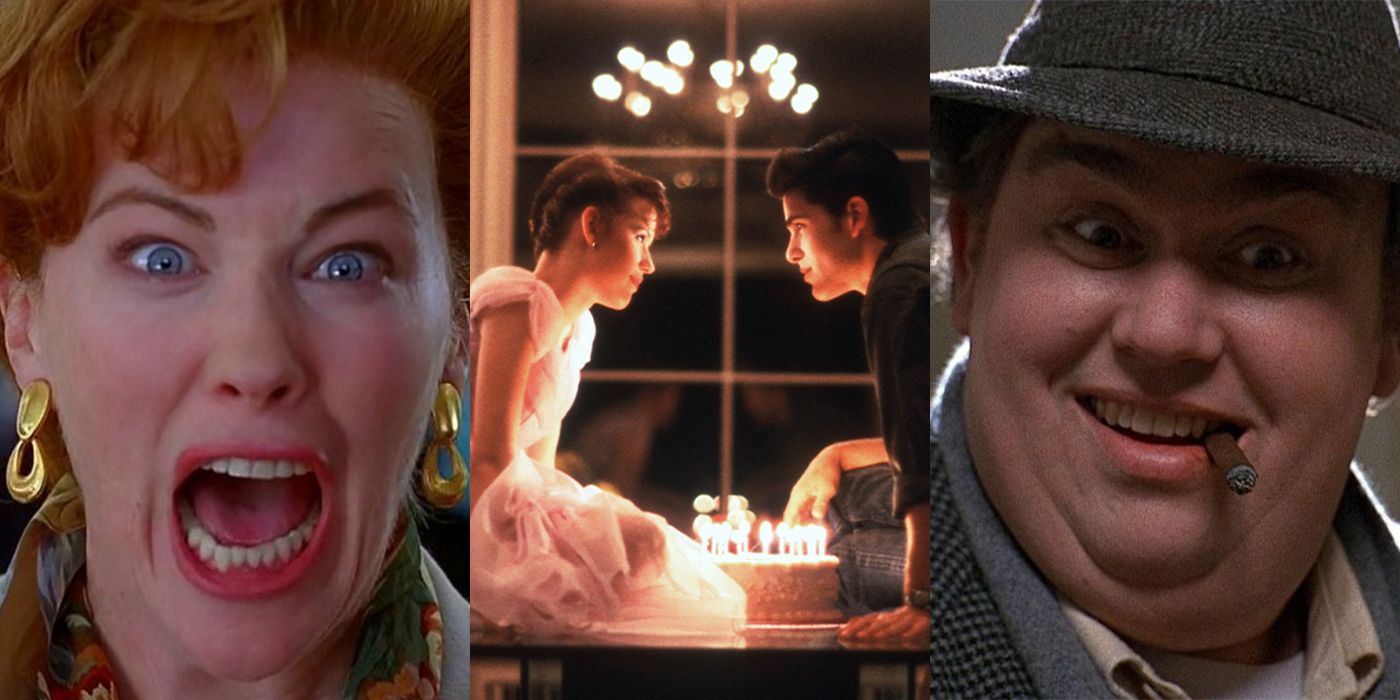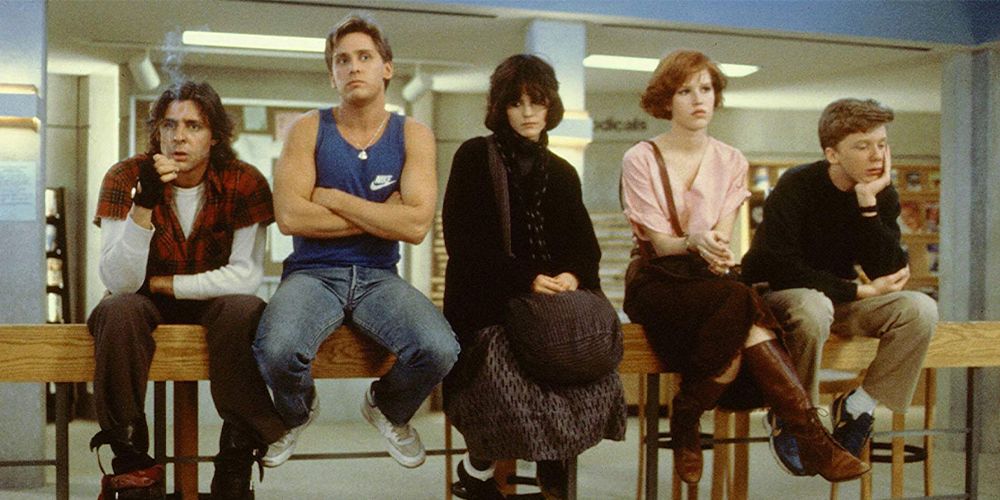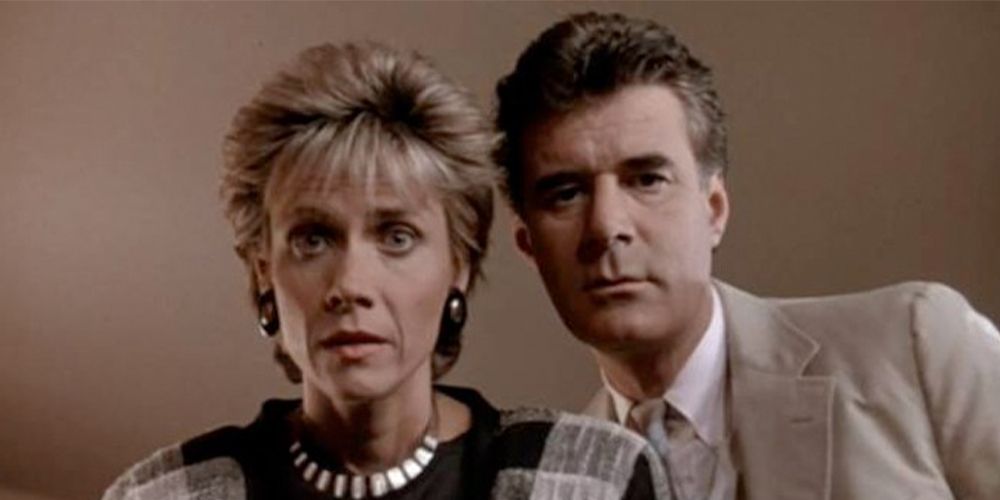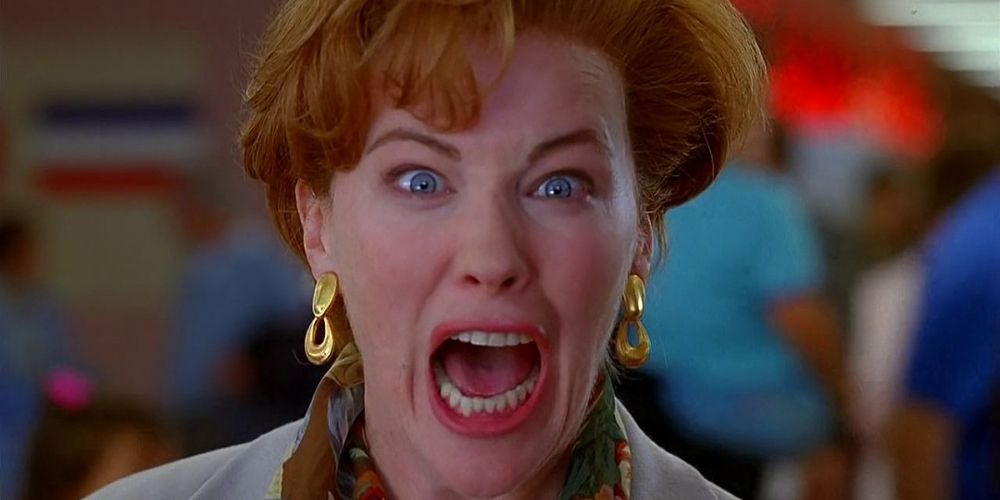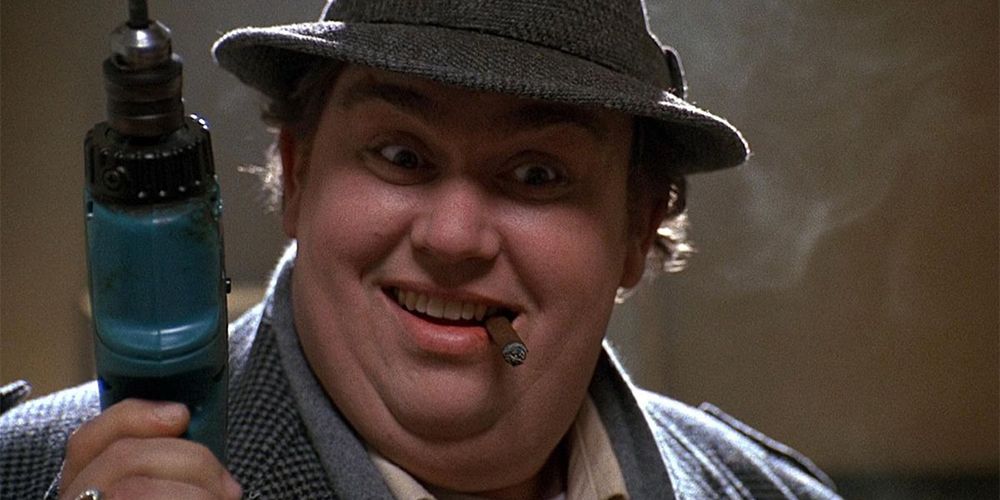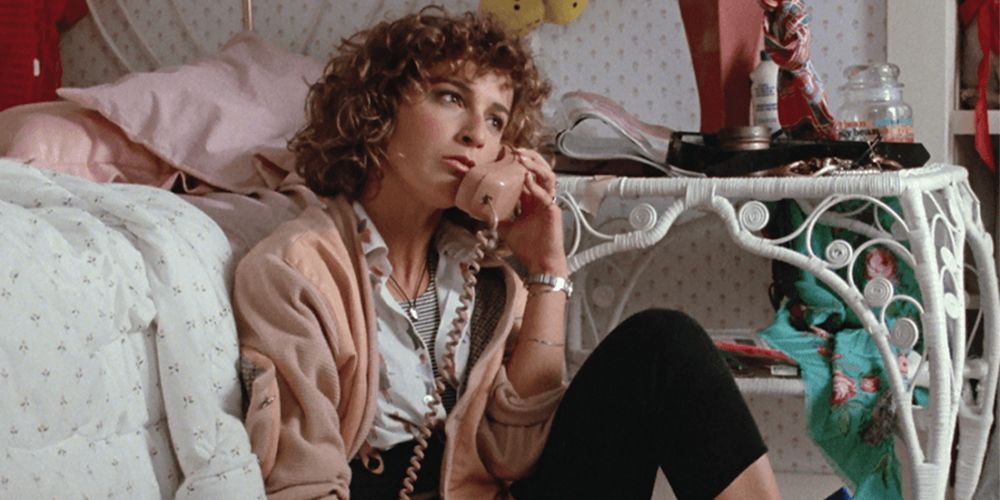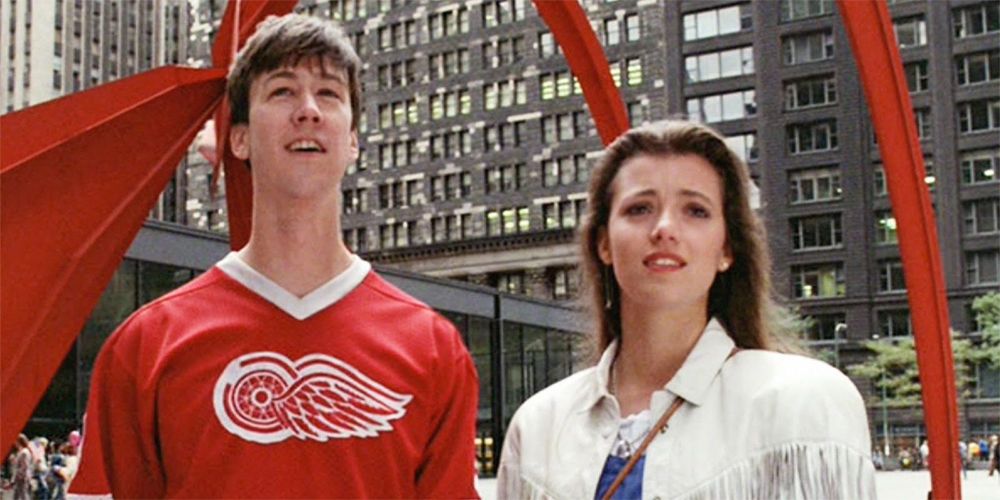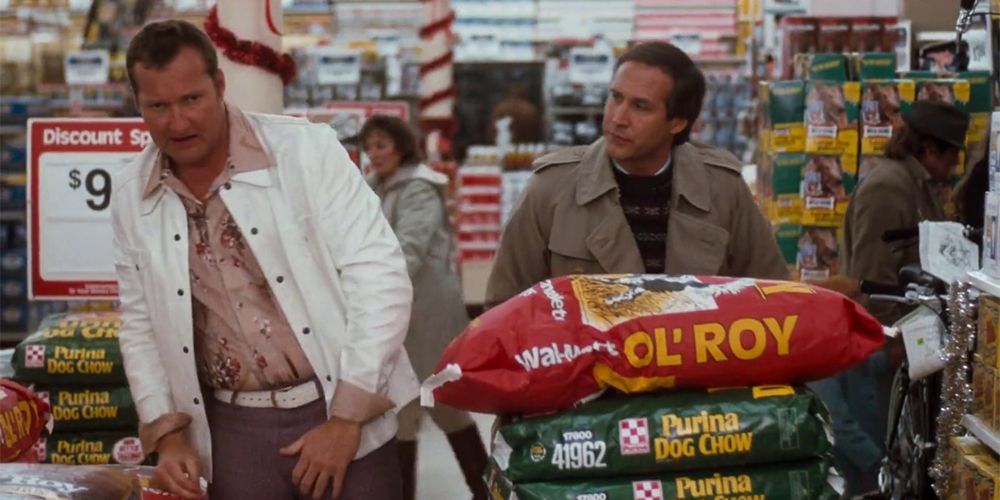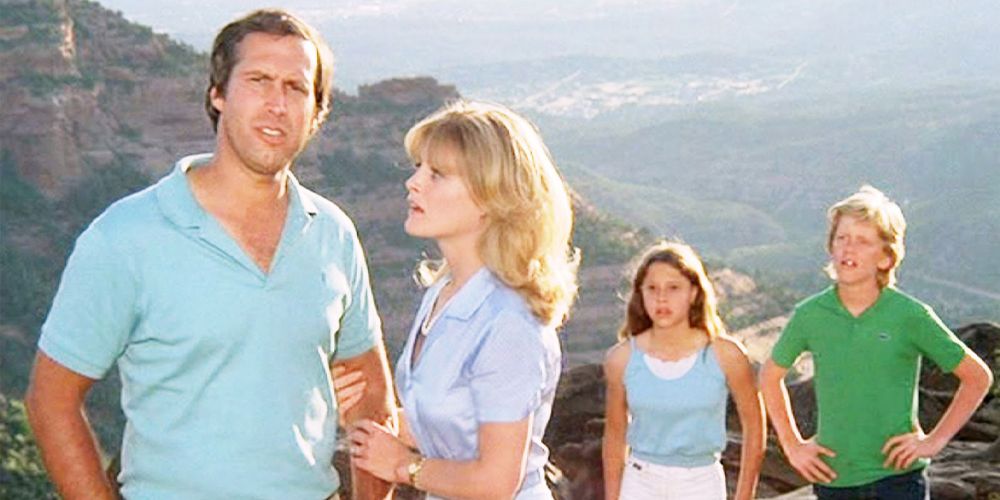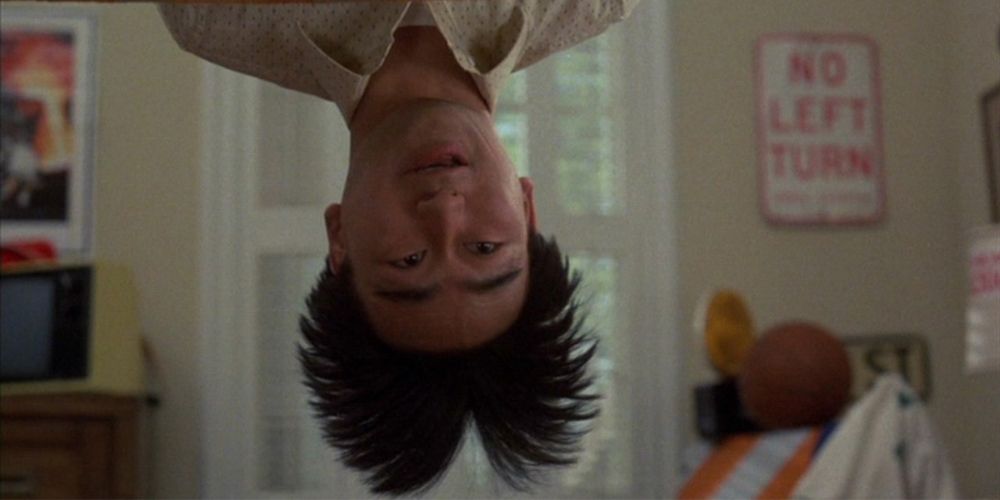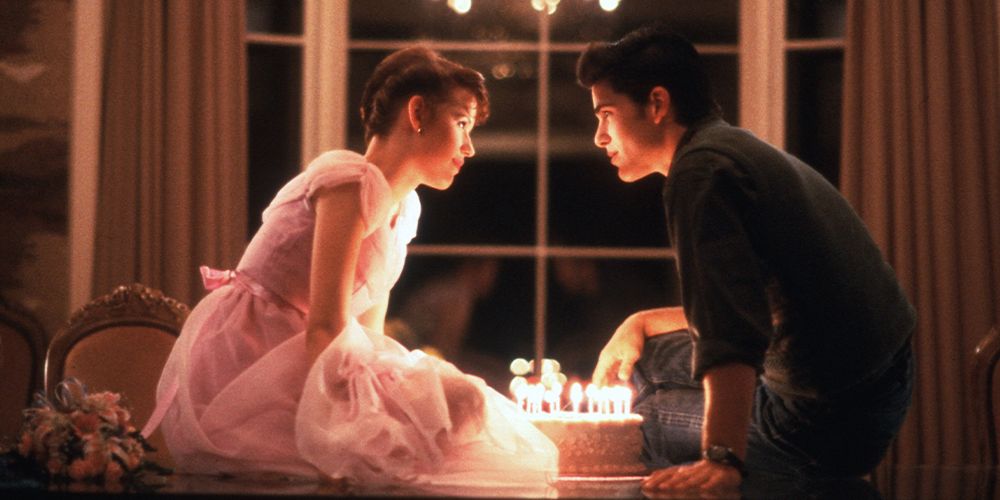Some directors can capture the vibe of an era so fully that it's hard to think of anyone else. The late John Hughes certainly achieved that with an endless list of classic films, many of which comedically captured the angst of being a teen in the United States in the 1980s.
Sixteen Candles, The Breakfast Club, Pretty in Pink, and Ferris Bueller's Day Off are just a small sampling of the movies that fans remember him for. That being said, there are some things about his movies that definitely hold up decades later and others not so much.
10 DATED: Predominantly White Casts
While some fans didn't really notice this when some of Hughes' biggest movies were first coming out, the casts in them were virtually all white. But when fans go back and watch even his most classic features, this certainly sticks out like a sore thumb.
That being said, this issue certainly wasn't limited to John Hughes films. The vast majority of mainstream movies were anchored by predominantly white casts during that era, something Hollywood continues to struggle with today. It's gotten better but there's still a lot of work to do in this regard.
9 RELEVANT: The Family Dynamic
One thing that Hughes always seemed to nail was the intricacies of family dynamics. This can mean a lot of different things, from the way children and parents deal with each other to the issues between siblings and everything in between.
Even when these aspects are not at the forefront of the story, they often are key set-pieces to stage the setting. Ferris Bueller's Day Off is a prime example of this as his relationship with his parents does not define the story but it is incredibly important to it.
8 DATED: Parents Are Idiots
While the family dynamic is absolutely key to many John Hughes films, there's something about the parents that often doesn't add up. More often than not, they're depicted as inept and incompetent if not outright stupid.
That was certainly true in the Home Alone franchise as the same parents forgot the same child more than once. Taking it back to Ferris Bueller's Day Off, his parents seemed to trust their son, a notorious conman and liar. That just didn't add up.
7 RELEVANT: Subverting The Norms
On the face of many of Hughes' movies, they seemed to play into a lot of the stereotypes that plagued many movies of the era. But he often subtly managed to subvert expectations and challenge the norms people had come to expect from Hollywood films.
A prime example of this is depicted in Uncle Buck when he goes to rescue his niece from a nasty party. Rather than turning it into a stereotypical "male savior" situation, the scene between them was much more poignant, with Buck acknowledging her as an adult in his own way in the aftermath.
6 DATED: Sexism Pops Up
At the same time, it's also hard to ignore the inherent sexism built into some of these films, particularly when looked at through a modern lens. Too many of Hughes' female characters became one-dimensional props to a story focusing on the male protagonist.
This certainly pops up in Ferris Bueller's Day Off as characters like Sloane and Jeanie are just there to respond to Ferris's actions. The same is true of Ellen Griswold in National Lampoon's Vacation as she's often little more than a foil to Clark's absurdity.
5 RELEVANT: Thoughtful & Sensitive At Times
There is a lot going on in a John Hughes movie. While not all of it is good, it's hard to deny that there is a lot of amazing filmmaking. That includes a seemingly endless series of thoughtful and sensitive moments that punctuate almost innumerable scenes.
The Breakfast Club is literally structured around moments like these as each of the characters opens up about themselves. And this also comes up in Ferris Bueller's Day Off as Cameron has an extremely profound moment of self-realization.
4 DATED: Lazy Stereotypes
There are a lot of angles to attack this one from. It's important to remember that this was the 1980s and sometimes characters weren't exactly as fleshed out as they needed to be, especially when it came to cutting corners by using lazy stereotypes. That still happens.
The Johnson family from the Vacation franchise is certainly problematic in that way. While their hillbilly schtick was easy to understand for almost everyone watching the movie, that doesn't change the fact that it's a lazy way to depict people who live in similar parts of the United States.
3 RELEVANT: Writing About People
While not every character was firing on all cylinders, it's hard to deny that John Hughes was a master of writing about people. So many of his characters were instantly relatable on a number of levels to almost everyone who watched his films.
Clark Griswold being infuriated with the world. Ferris Beuller taking that same world to school. Virtually every role Molly Ringwald played. John Hughes knew how to create main characters who remain relevant decades later.
2 DATED: Portrayals Of Race
This is a rough one. No one should ever suggest that portrayals of race in modern films are by any means perfect. They are still superior to what viewers used to get back in the day, though. The 1980s certainly had huge problems with that and John Hughes' films were no exception.
Easily the most talked-about example of this Long Duk Dong from Sixteen Candles. He was an offensively racist character by the standards of almost any era of filmmaking. A gong sounds every time he enters a scene; that's almost Mickey Rooney in Breakfast at Tiffany's bad.
1 RELEVANT: Teenage Angst
John Hughes directed, produced, and wrote dozens of films between 1982 and 2008. While they ran the gamut when it came to subject matter, tone, and style, it's hard to argue that his muse was teenage angst. Many of his most classic films are absolutely soaked in it.
For whatever reason, Hughes just got it and understood how to depict it on movie screens. While the times change, teenage angst does not. That has made many of his best movies continually relatable, even decades after their initial releases.

